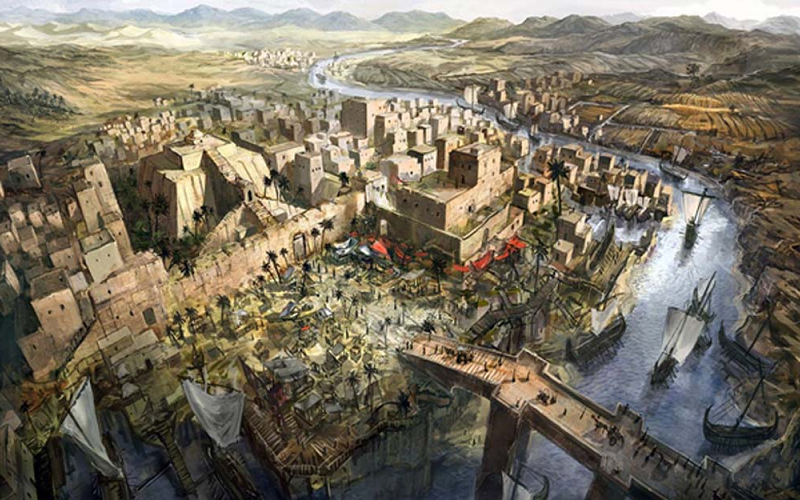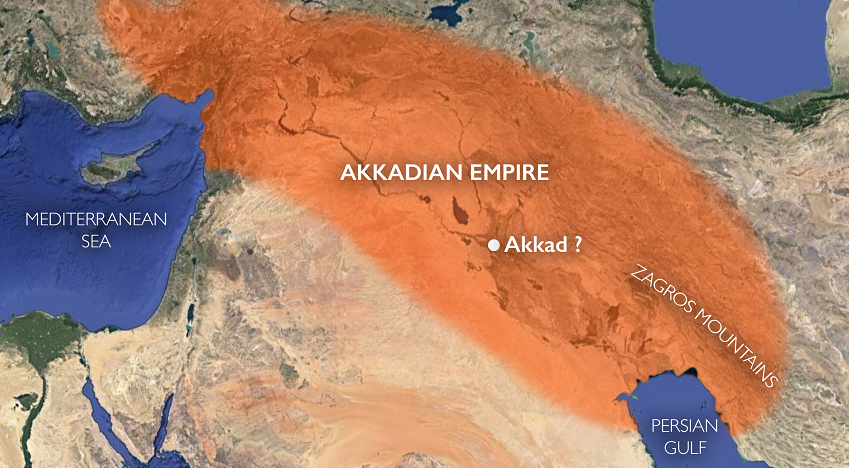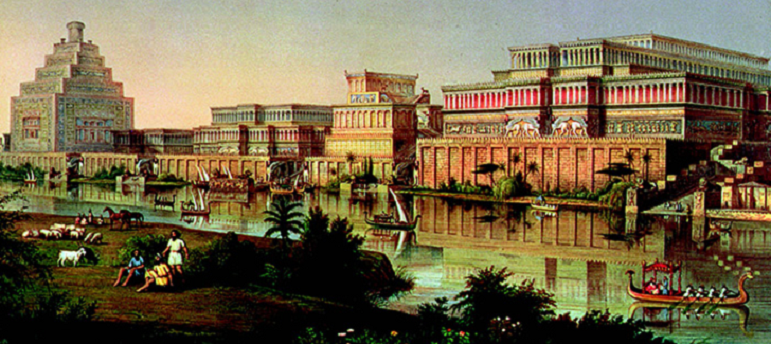
The Akkadian Empire is often referred to as the world’s first known empire, and its impact on human history cannot be overstated. Founded by Sargon the Great in the 24th century BCE, the Akkadian Empire controlled a vast swath of land in Mesopotamia, including present-day Iraq, Syria, and parts of Iran and Turkey. Its cultural, political, and economic influence was felt far beyond its borders, and its legacy can still be seen in the modern world. In this article, we will delve into the history of the Akkadian Empire, exploring its origins, government and society, culture and religion, and ultimate collapse.
What Was the Akkadian Empire?
The Akkadian Empire was the first known empire in the world, located in ancient Mesopotamia. It was founded by Sargon the Great in the 24th century BCE, who conquered and united the city-states of Sumer, Akkad, and other neighboring territories. The empire covered a vast area of land in present-day Iraq, Syria, and parts of Iran and Turkey.
The Akkadian Empire was a major political, economic, and cultural power, with a sophisticated system of government and a well-organized military. Its political system was centralized, with the king holding absolute power and ruling through appointed governors. The society of the Akkadian Empire was hierarchical, with a powerful ruling elite and a lower class of commoners and slaves.
The Akkadian language was the official language of the empire and was widely used for communication and record-keeping. The Akkadian Empire also had a rich culture and religion, with impressive architectural achievements and a polytheistic religion that worshiped a pantheon of gods.
Despite its many successes, the Akkadian Empire eventually collapsed due to a combination of factors, including environmental disasters, internal conflicts, and external attacks from neighboring powers. Nonetheless, its legacy is profound, with its influence on future empires and civilizations still felt today.

Government and Society of the Akkadian Empire
The government of the Akkadian Empire was centralized and highly organized. The king, who held absolute power, ruled through a system of appointed governors who oversaw various provinces and cities. The king was also the high priest of the Akkadian religion, which gave him significant religious authority as well. The society of the Akkadian Empire was hierarchical, with a powerful ruling class and a lower class of commoners and slaves.
The ruling class consisted of the king and his family, nobles, and other elites who held positions of power in the government and military. The commoners were farmers, artisans, and merchants who lived in cities and rural areas and were subject to the laws and regulations of the state. Slaves were also an important part of society, used for labor and as a form of wealth.
The role of women in the Akkadian Empire is somewhat unclear, but it is known that they held some positions of power, such as high priestess, and that some women owned property and engaged in trade. The government and society of the Akkadian Empire were highly structured and hierarchical, with significant power and authority vested in the hands of the king and ruling elite.

Culture and Religion of the Akkadian Empire
The Akkadian Empire had a rich culture and religion that was heavily influenced by its Sumerian predecessors. The Akkadian language was the official language of the empire and was used for communication and record-keeping. The Akkadians were skilled artists and architects, known for their impressive buildings and sculptures.
One of the most famous examples is the Victory Stele of Naram-Sin, which depicts the king and his army triumphing over their enemies. The religion of the Akkadian Empire was polytheistic, with a pantheon of gods and goddesses who were worshiped and appeased through offerings and rituals. The most important god was Marduk, who was considered the protector of the empire and was worshiped as the patron god of the city of Babylon.
The Akkadians also believed in an afterlife, which they believed could be reached by crossing a dangerous river after death. The Akkadian religion heavily influenced the development of subsequent Mesopotamian religions, such as the Babylonian and Assyrian religions. The culture and religion of the Akkadian Empire were sophisticated and influential, with impressive artistic achievements and a complex system of beliefs and rituals.

Collapse of the Akkadian Empire
The Akkadian Empire collapsed in the 22nd century BCE, after approximately 200 years of existence. The causes of the empire’s collapse are not fully understood, but a combination of factors likely contributed to its downfall. One factor was environmental disaster, such as droughts and floods, which may have destabilized the empire’s agricultural economy and caused famine and unrest.
Another factor was internal conflict, as the centralized government struggled to maintain control over a vast and diverse empire, leading to political instability and rebellion. External factors, such as invasion from neighboring powers, may have also played a role, as the empire was vulnerable to attack due to its extensive territorial holdings and weakened military.
The collapse of the Akkadian Empire led to a period of political fragmentation and instability in Mesopotamia, as rival city-states and kingdoms vied for power and influence. Despite its collapse, the Akkadian Empire left a profound legacy, influencing the development of subsequent empires and civilizations in the region, including the Babylonians and Assyrians.
